
m3c industrial research school
A joint doctoral network in Sweden financed by KK-stiftelsen
Microstructure, Mechanical properties, Manufacturing processes, and Components
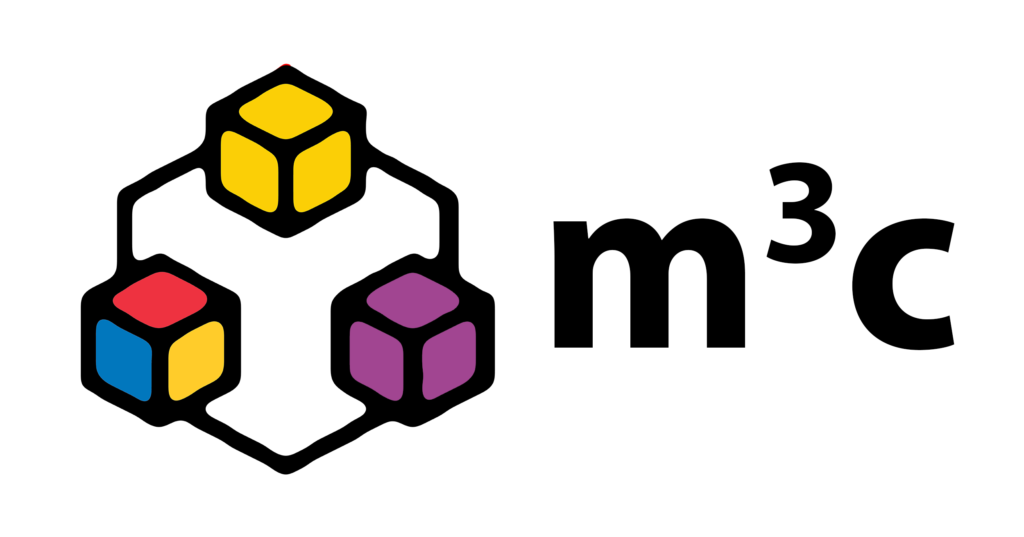
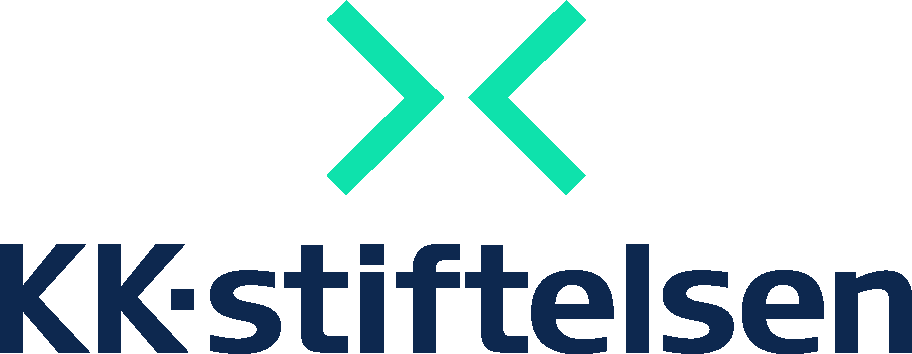
m3c is an industrial doctoral (PhD) research school. The consortium comprises materials scientists from three Swedish universities: the project coordinator and applicant Karlstad University, Jönköping University, and University of Gävle, as well as seven leading industrial partners. For more than two decades, the participating universities have built strong research profiles in co-production with industrial partners, including courses in different and complementing specialization areas.
m3c contributes to the development of advanced alloys by enhancing a fundamental understanding of how different types of defects evolve and how they influence performance. The term defect structure is central to the m3c graduate school. It is defined as a flaw in a perfectly manufactured alloy or component (i.e. non-metal inclusion in steels and intermetallic inclusion in stainless steel) or an imperfection that develops as a result of the in-service condition (i.e. wear patterns in sliding contact, and erosion structures and thermal softening that arise in die casting due to the interaction between the molten aluminium and the tool steel of the mould). Defect structures are often life-limiting factors for the in-service lifetime of advanced alloys.
The multidisciplinary research topic is focused on four topics: T1 Microstructure characterization, T2 Mechanical properties (including fatigue and tribology), T3 Manufacturing processes (including AM, die casting and heat treatment), and T4 Components (including material design and simulation).
The m3c graduate school has the ambition to advance the state of the art with the different themes T1: in situ experiment with EBSD and synchrotron-based X-ray diffraction and tomography and application of machine learning in computer vision that are sub-field of artificial intelligence for microstructural image detection, analysis of process monitoring data and defect assessment for defect-free manufacturing.
T2: continues the development of thermal and very high cycle fatigue techniques and implementation of refined tribological testing to obtain data that can be used for evaluating different tribological situations, i.e. lubricated contact (bio-compatible lubricants) and the influence of temperature on different metal pairs.
T3: optimization of process parameters to manufacture defect-free components and understanding of processmicrostructure-
properties correlation, and process monitoring in the AM process for in-situ defect identification and quality assessment
T4: constitutive models for fracture of interior ballistics materials and uncertainty quantification for fragmentation of various components.
m3c Management Team
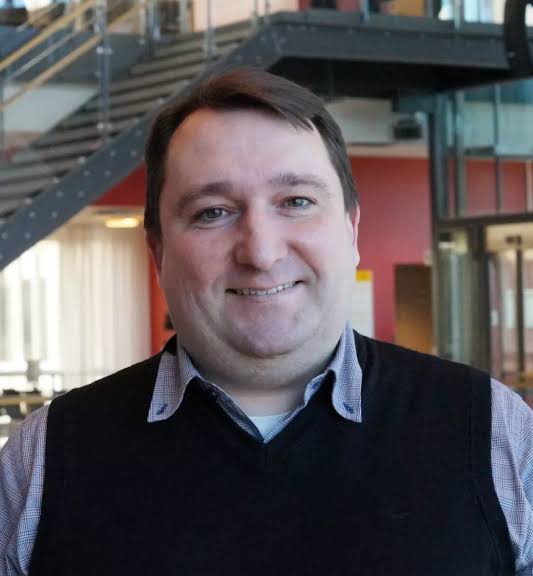
Prof. Pavel Krakhmalev
Graduate school director
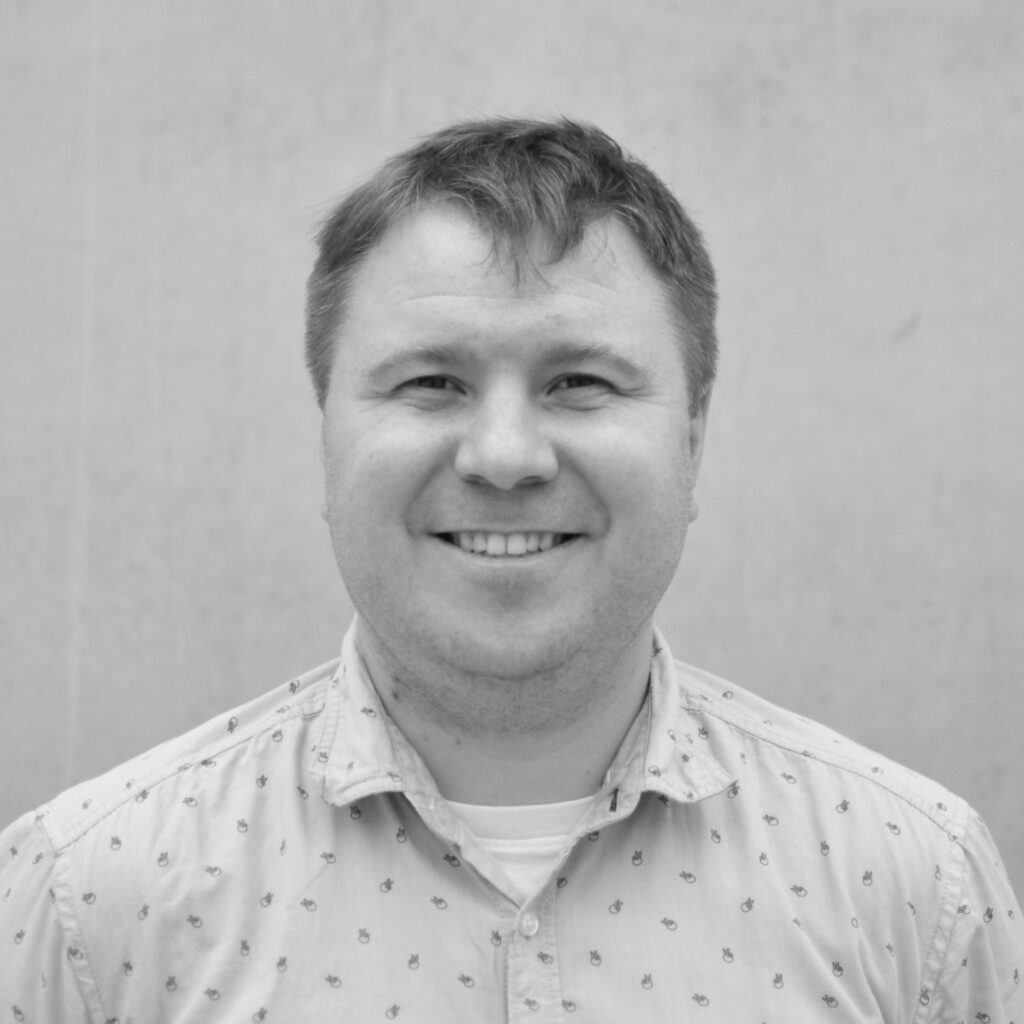
Assoc. Prof.
Anton Tkachuk
Graduate school co-director
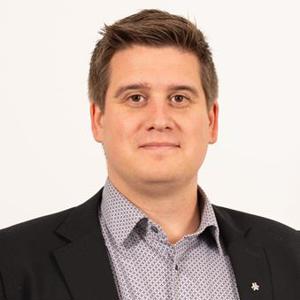
Prof. Mattias Calmunger
Director of studies, Local project manager
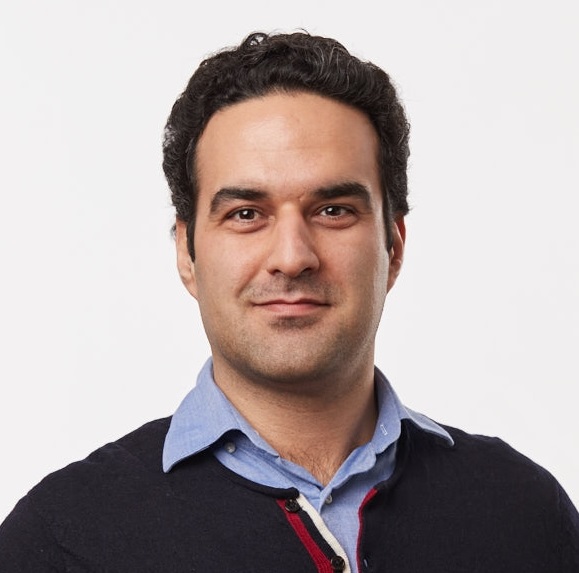
Prof. Ehsan Ghassemali
Communication director, Local project manager
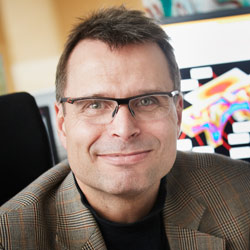
Prof. Anders E.W. Jarfors
Local project manager
m3c Steering Board
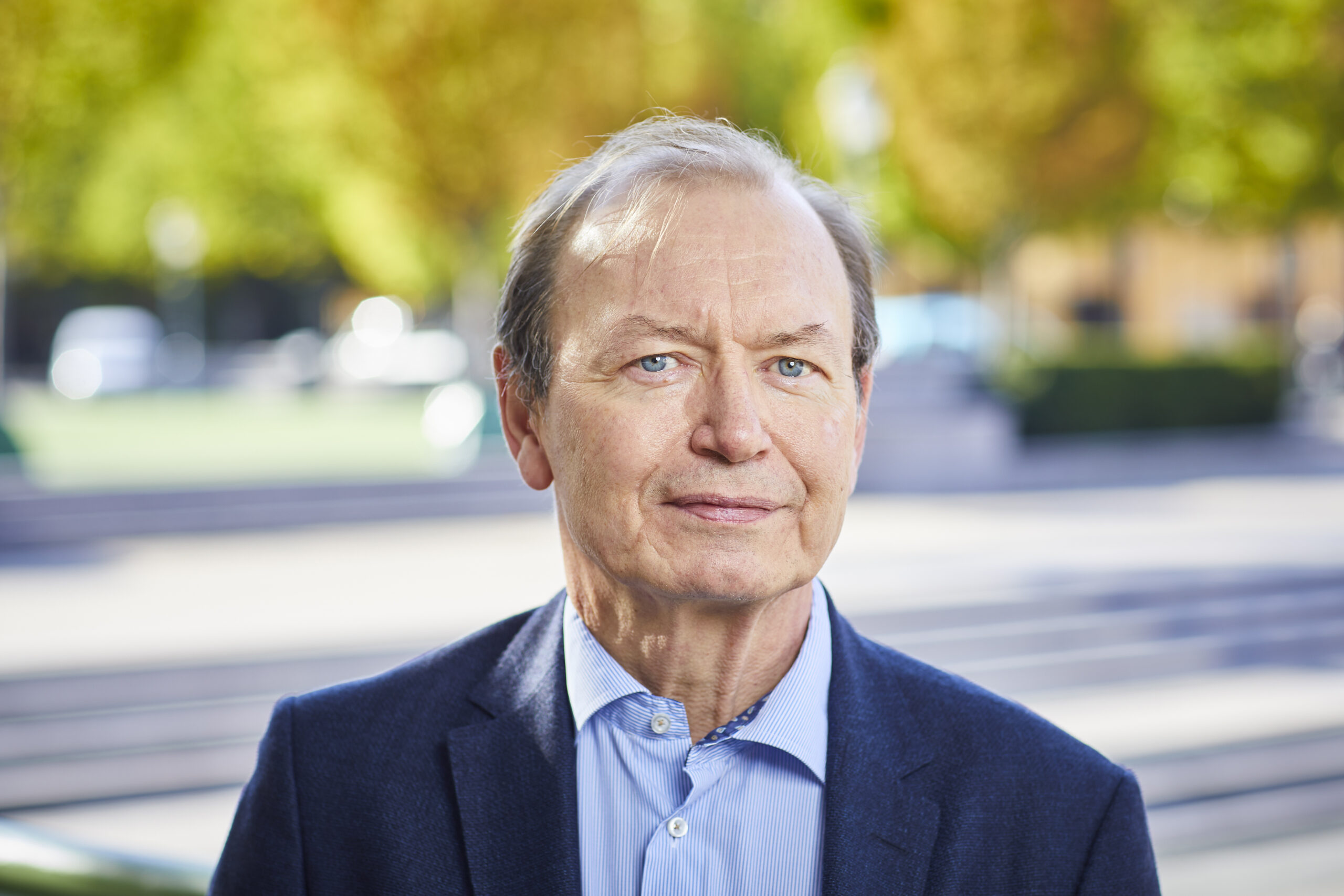
Dr. Gert Nilsson
Chairman
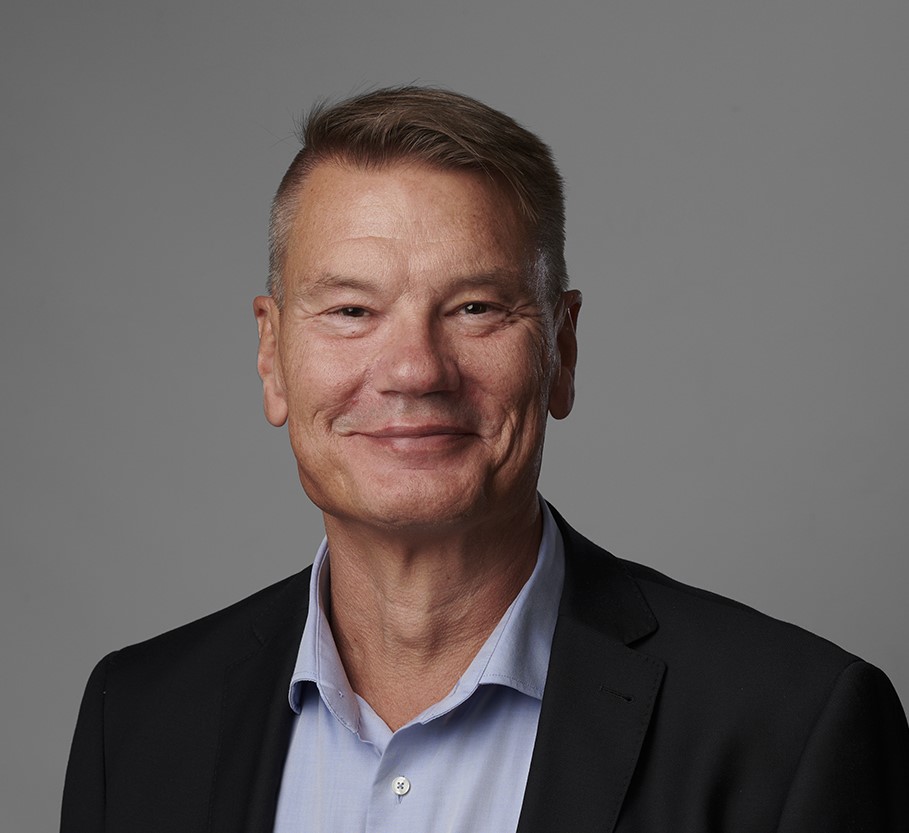
Prof. Mikael Grehk
Project leader

Prof. Pavel Krakhmalev
Graduate school director

Assoc. Prof.
Anton Tkachuk
Graduate school co-director
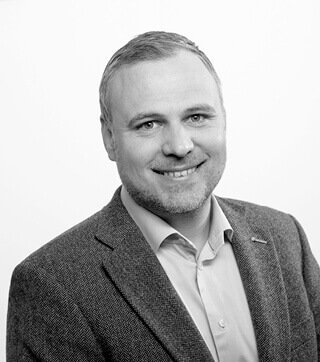
Petter Damm
Uddeholm representative
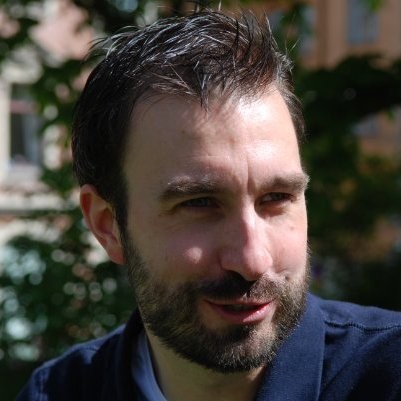
Gustav Pergel
Kongsberg Maritime representative
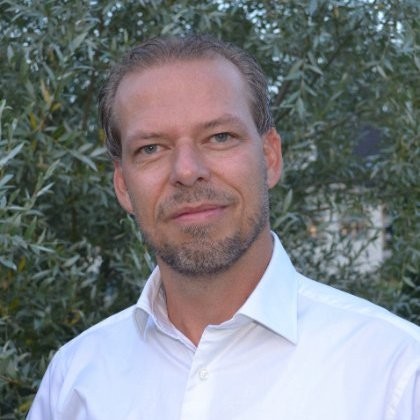
Magnus Karlsson
BAE systems representative
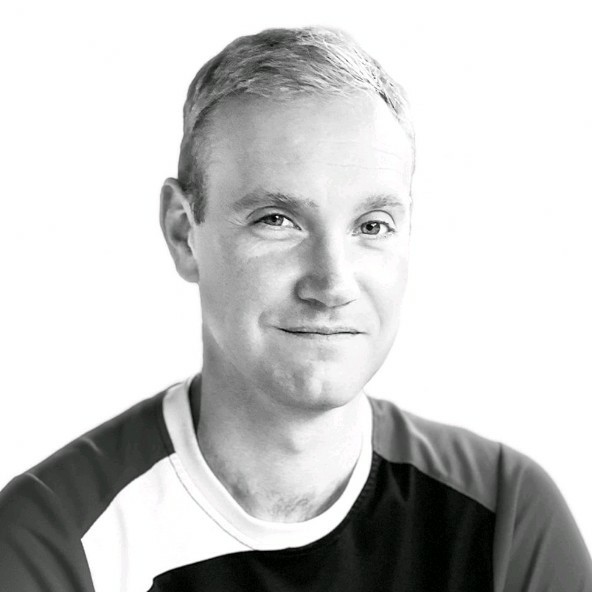
Sebastian Edbom
SAAB Dynamics representative
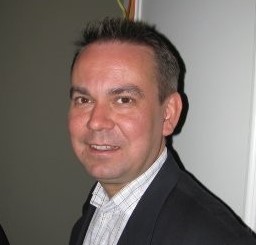
Dr. Fredrik Sandberg
Alleima representative
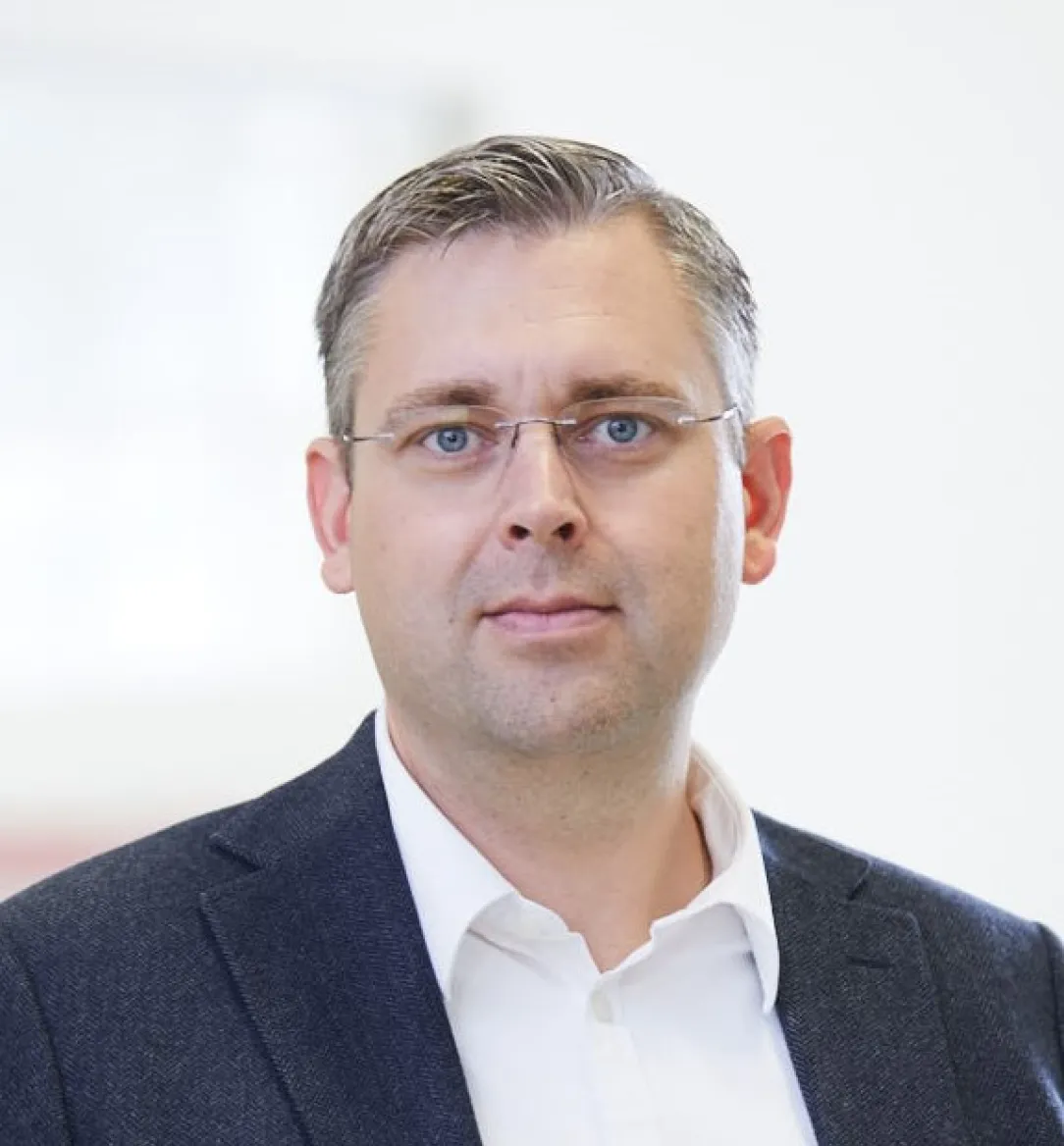
Dr. Anders Gotte
RISE representative
m3c Advisory Board
Coming soon…
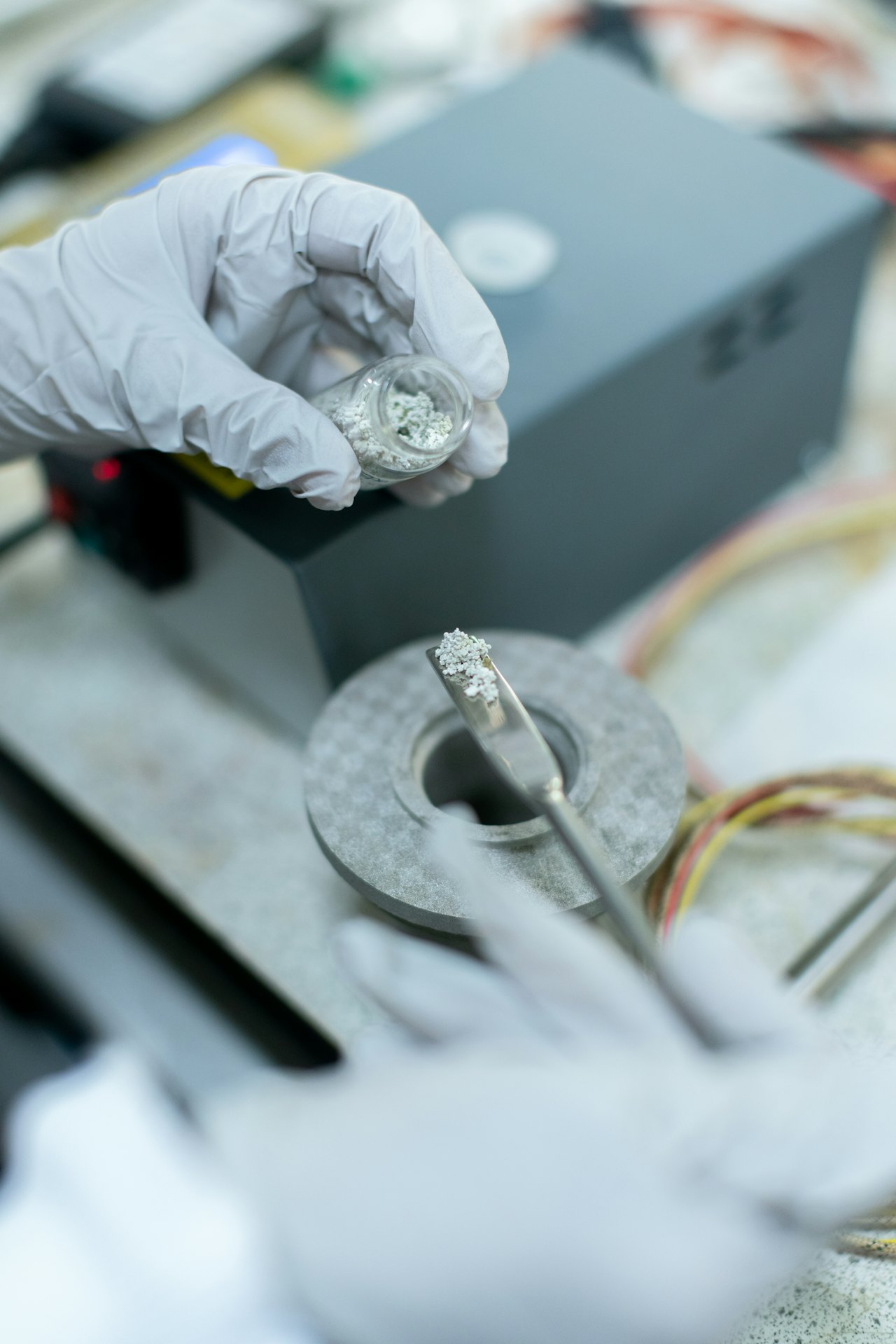
Swedish Academic Excellence
Explore crucial statistics, revealing insights into our achievements and growth metrics.
